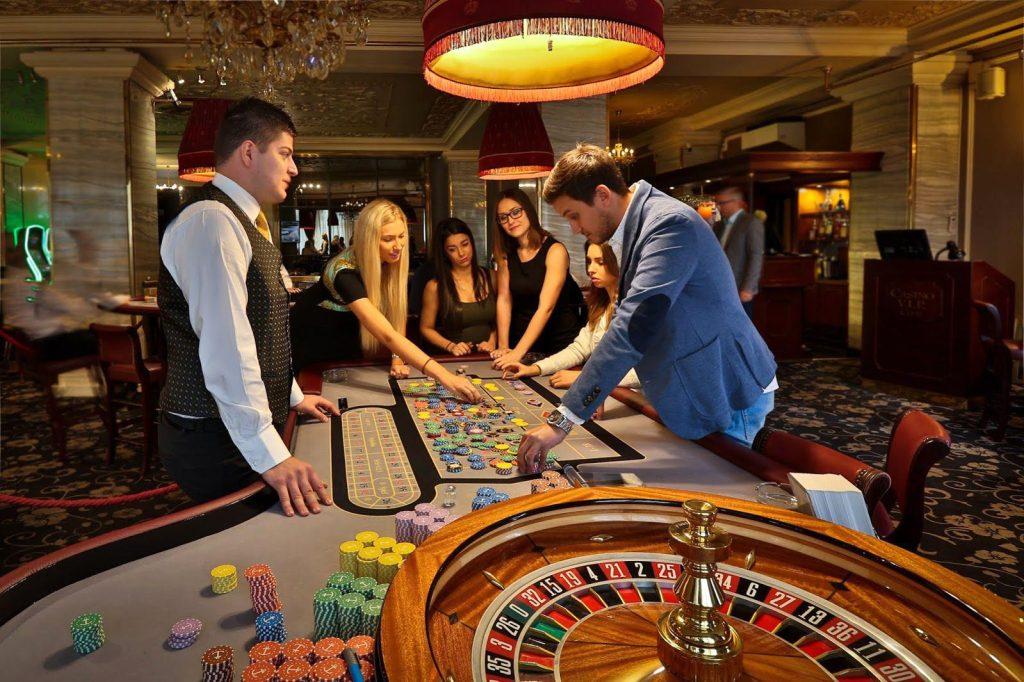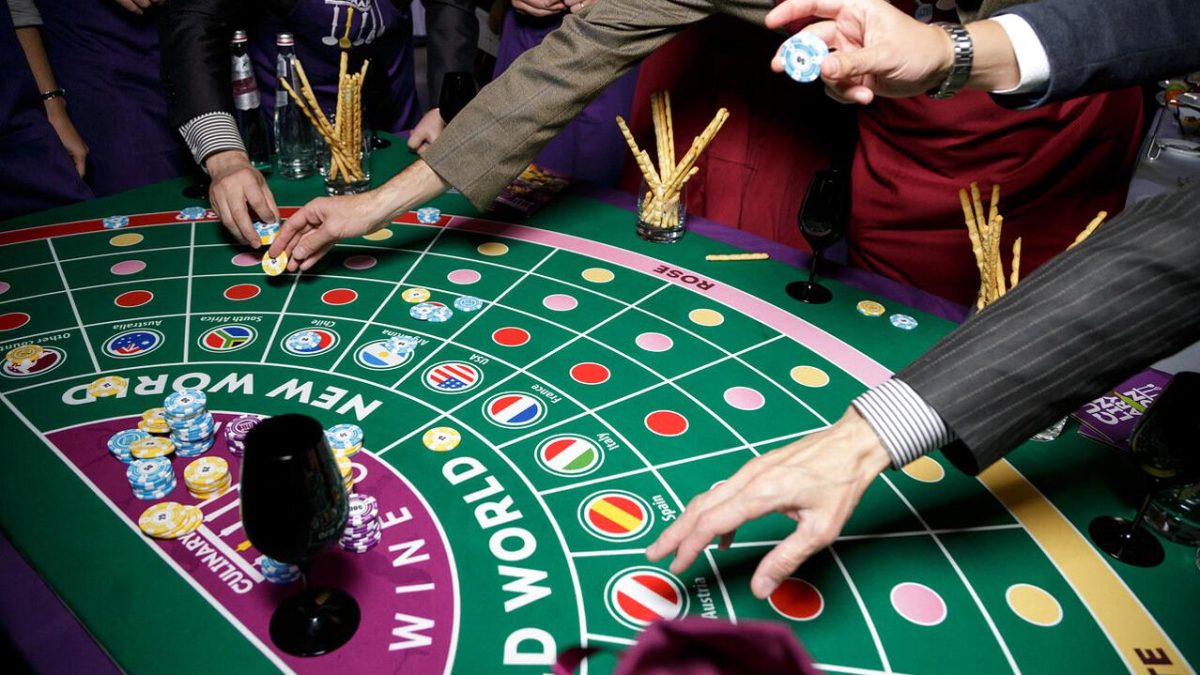
The Ethics of Online Roulette: Balancing Profit and Fairness
Online roulette is a digital adaptation of a classic casino game in which players predict where a ball will land on a spinning wheel. Its popularity has skyrocketed with the advent of online casinos, allowing you to experience the excitement of gambling without leaving your home. But how does this game work and what makes it so attractive?

Online Roulette Mechanics
At its core, online roulette works just like its traditional counterpart. The ball spins around a wheel with numbered slots, and players place bets on the number, color, or section they think the ball will land on. However, instead of a physical wheel, the result in online roulette is determined by a random number generator (RNG).
The attractiveness of online roulette
The charm of online roulette lies in its simplicity and the potential for big wins. With just one click, anyone can take part in this game of chance, whether an experienced player or a beginner.
Ethical Issues Related to Online Roulette
While online roulette brings fun and excitement, it also raises ethical questions. Is it really gambling? How can we ensure justice? And how do online casinos balance their profits with ethical gaming?
The concept of honesty in gambling
Fairness in gambling comes down to the unpredictability of the outcome of the game. Players must have an equal chance of winning or losing, with no external influences affecting the outcome. In online roulette, fairness is closely related to the random number generator.
How random number generators work
RNGs are complex algorithms that produce a sequence of numbers that lacks any recognizable pattern. In online roulette, these RNGs ensure that each spin of the wheel is independent and unpredictable, mimicking the randomness of a physical roulette wheel.
Advantage of the house: necessity or exploitation?
Online casinos, like their traditional counterparts, use house edge, a statistical advantage that ensures that the casino will make a profit over time. Some argue that it is exploitation, others consider it a necessary aspect of business.
Balance of profit and equity
The balance between profit and fairness is a delicate process for online casinos. They must generate income to maintain their operations, but they are also required to offer fair games.
Ensuring Fair Play: The Role of Licensing Bodies
Licensing authorities play a critical role in ensuring that online casinos play fairly. They conduct audits, test the RNG, and monitor the house edge to make sure it is within acceptable limits. This oversight helps to maintain a balance between the profitability of the casino and the honesty of the players.
Can online casinos be profitable and fair?
The answer is positive. By maintaining a reasonable house edge and operating transparently, online casinos can earn profits while ensuring that players are treated fairly. This balance is necessary for the longevity of the industry.
Players’ point of view
No less important is the opinion of the player about online roulette. Understanding the odds and social impact of online gambling can lead to a more informed and ethical gaming experience.
Understanding the odds
Knowing the odds can help players make informed decisions. It is extremely important to understand that while online roulette offers the potential for big wins, the house edge ensures that the casino will always have a slight edge.
The Social Impact of Online Gambling
Online gambling, including roulette, has a significant social impact. While this can provide entertainment and excitement, it can also lead to gambling problems. It is critical for both players and operators to recognize this and promote responsible gaming.
The Future of Online Roulette and Gambling Ethics
As technology advances and the online gambling industry evolves, so must the approach to enforcing ethical standards.
Technological advances and their impact on equity
Technologies such as blockchain and artificial intelligence can increase the transparency and fairness of online roulette. Blockchain can provide transparent records of transactions, and artificial intelligence can help detect fraudulent activities.
The Role of Regulation in Ensuring Ethical Compliance
Regulation will continue to play a critical role in promoting ethical standards in online roulette. Regulators need to stay abreast of technological advances and update their standards and practices accordingly to maintain fairness and protect players.
Conclusion
The ethics of online roulette revolve around the balance between online casino profitability and game fairness. With an understanding of the mechanics of the game, recognition of the role of casino advantage, and oversight by regulators, we can view online roulette as a fair and ethical form of entertainment. However, it is important for players to understand the odds, be aware of the potential social consequences of online gambling and play responsibly.

FAQ
1. What is the casino advantage in online roulette?
House edge refers to the statistical advantage of the casino over the players. This ensures the profitability of the casino over time.
3. Can I make a living playing online roulette?
While some may argue this, it is important to remember that online roulette is a game of chance. House edge means that the odds are always slightly in favor of the house.
4. How does technology affect the fairness of online roulette?
New technologies such as blockchain and artificial intelligence can increase transparency and detect fraudulent activities, increasing the integrity of online roulette.





